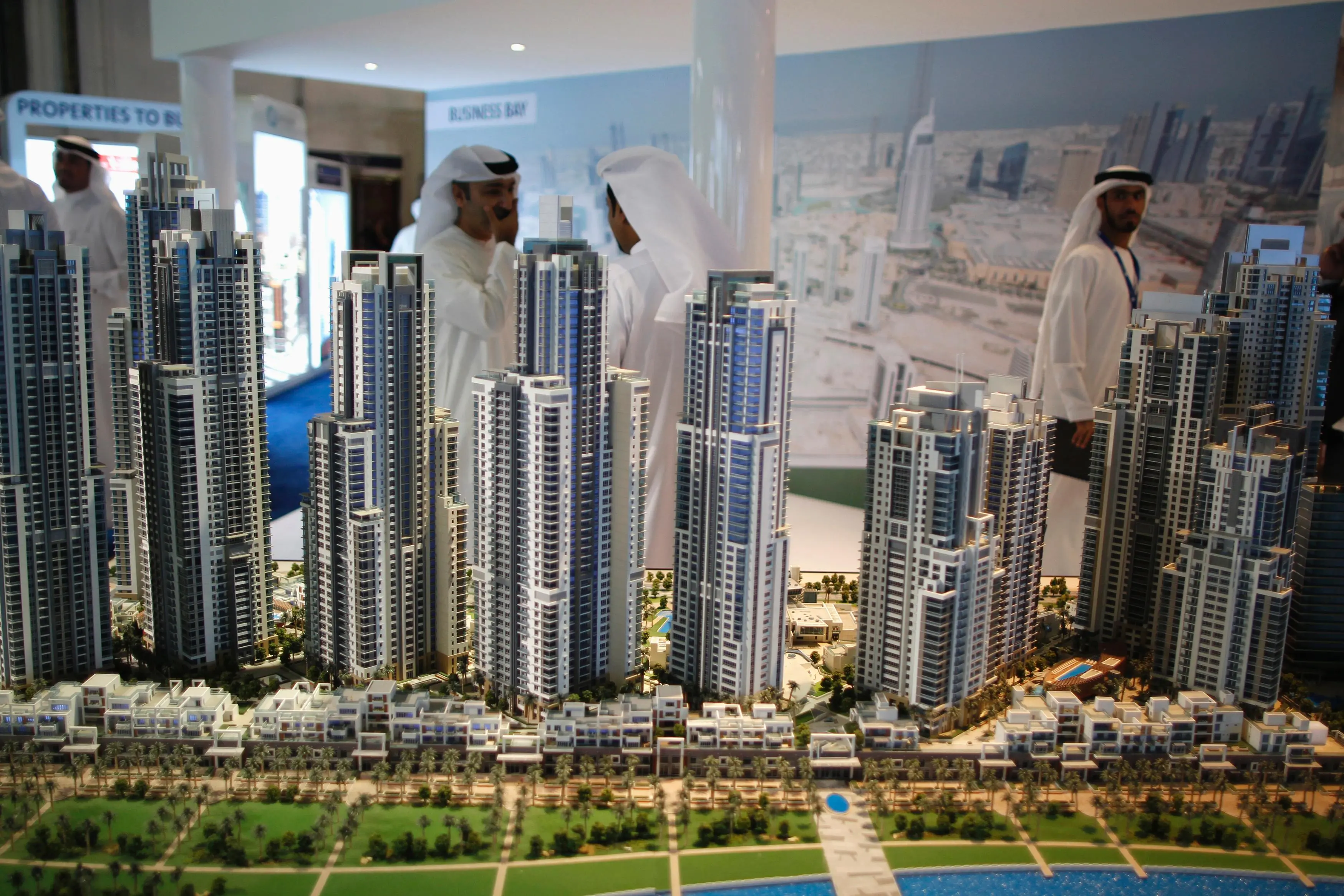PHOTO
Saturday, May 14, 2016
Emirates REIT plans to launch a specialist fund for residential assets
Dubai: Emirates REIT which currently owns commercial property valued at Dh2.5 billion plans to launch a new real estate investment trust exclusively for residential properties. Its existing portfolio lists eight properties, including the upscale Index Tower (built by Union Properties) in DIFC and a new school campus in Dubailand.
The specialist fund operator is also weighing options of buying assets outside of the UAE, which will also entail creating a stand-alone investment vehicle.
Emirates REIT was set up with a certain investment and risk profile and it wont do to suddenly start eyeing logistics facilities in Saudi Arabia, said Sylvain Vieujot, Executive Deputy Chairman. We prefer to create separate Reits for each asset class we get into and thus adjust to the risk profiles. With the existing one, the asset focus is on office and school properties.
As to when a second fund will be created is still to be decided.
Yields on offices average more than 10 per cent while for residential it comes to 7-8 per cent. For a new REIT to be publicly listed, it has to have a fund size of Dh1 billion and over.
Real estate investment trusts allow multiple investors to pick up ownership stakes in properties, which otherwise would have been out of reach for them if they went in on their own. It also helps in that the risks are shared.
One would have thought that with the current softness in the local realty market, there would be property owners queuing up at Emirates Reits door to sell. Things, however, hasnt followed that script.
Currently, we see that prices are more affordable across classes but a lot of the transactions are still not going through, said Vieujot. It is because the price demanded may be seen as too high. There are also many instances of a deal being struck on a property and a few months later the very same asset comes back on the market because the agreed payment clearly has not been met by the buyer.
In the last five years, we have looked at close to 500 transaction possibilities, the bulk of that being in the last two years. But we do take time to go over the merits whether the property is finished, has a good track-record, has the right sort of selling price, etc. It explains why we have only done eight deals to date even with the Index we bought in stages over one-and-a-half years.
Debt finance makes up 34 per cent of Emirates Reits existing portfolio. As per local regulations, a realty fund can have a loan-to-value (LTV) of up to 50 per cent. We will consider fresh equity once we reach that stage, said Vieujot.
In the US, a Reits LTV can typically be between 60-80 per cent, while in Europe its 60-70 per cent.
We dont need fresh equity right now because we have the access to debt and at low financing rates. We will hold off until we get close to the 50 per cent mark.
Emirates REIT shareholders include Dubai Islamic Bank, Dubai Properties, Tecom and Vintage Bullion, as well as the UAE Pension Fund among others. DIB provided the seed capital of Dh170 million.
Shying away from certain realty assets
As far as where its investments should go, Emirates REIT is less than bullish over hotels and hotel apartments. We are not convinced yet the occupancy rates are already too high in Dubai and that means less upside possibilities, said Sylvain Vieujot, Executive Deputy Chairman. The other consideration is we have to be Sharia-compliant.
Specialty hospitals too arent within the funds radar. They need to be very specialised and much more complex than a school property, said Vieujot. And its always difficult to change a hospital operator in comparison with clinics are a lot easier. The more specialised requirements for a property, the more complex the transactions become.
At the Akoya development, Emirates REIT is funding a school campus for Jebel Ali School.
Gulf News 2016. All rights reserved.





















